Far right leads in polls as voting begins in France’s parliamentary election
The ballot could bring the country’s first far-right government since Nazi occupation during the Second World War.

Voters across mainland France began casting their ballots on Sunday in the first round of an exceptional parliamentary election that could put the country’s government in the hands of nationalist, far-right parties for the first time since the Nazi era.
The outcome of the two-round election, which will conclude on July 7, could affect European financial markets, Western support for Ukraine and how France’s nuclear arsenal and global military force are managed.
Marine Le Pen’s anti-immigration National Rally party has tapped and fuelled that discontent, notably via online platforms like TikTok, and dominated all pre-election opinion polls.
A new coalition on the left, the New Popular Front, is also posing a challenge to the pro-business Mr Macron and his centrist alliance Together for the Republic.
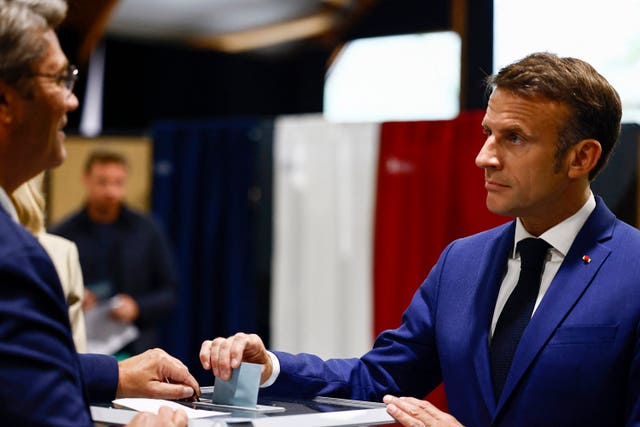
After a blitz campaign marred by rising hate speech, voting began early in France’s overseas territories, and polling stations opened in mainland France at 8am (0700 BST) on Sunday.
The first polling projections are expected at 8pm (1900 BST), when the final polling stations close, and early official results are expected later on Sunday night.
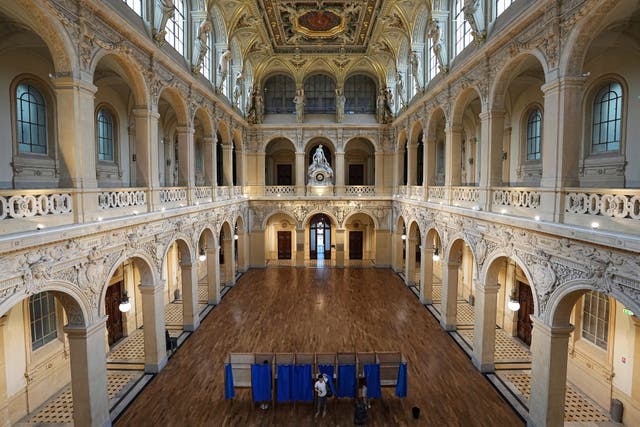
Nine people died during two-week-long unrest in New Caledonia, where the indigenous Kanak people have long sought to break free from France, which first took the Pacific territory in 1853.
Violence flared on May 13 in response to attempts by Mr Macron’s government to amend the French Constitution and change voting lists in New Caledonia, which Kanaks feared would further marginalise them.
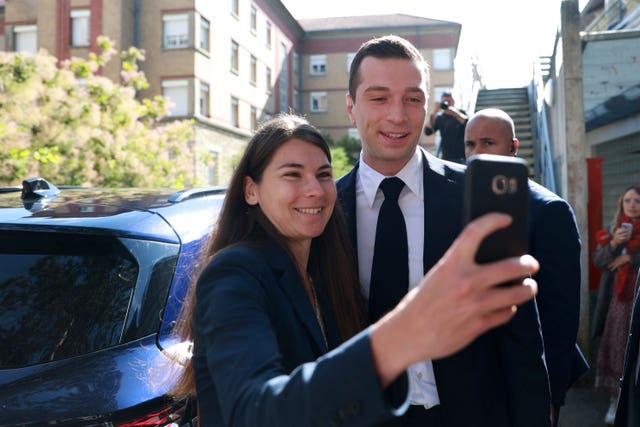
Mr Macron called the early election after his party was trounced in the European Parliament election earlier in June by National Rally, which has historic ties to racism and antisemitism and is hostile toward France’s Muslim community.
It was an audacious gamble that French voters who were complacent about the European Union election would be jolted into turning out for moderate forces in a national election to keep the far right out of power.

While Mr Macron has said he will not step down before his presidential term expires in 2027, cohabitation would weaken him at home and on the world stage.
The results of the first round will give a picture of overall voter sentiment, but not necessarily of the overall make-up of the next National Assembly.
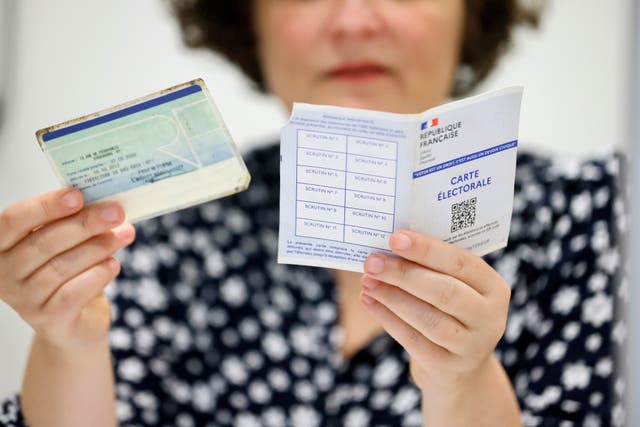
In the past such tactical manoeuvres helped keep far-right candidates out of power. But now support for Ms Le Pen’s party has spread deep and wide.
Mr Bardella, who has no governing experience, as said he would use the powers of prime minister to stop Mr Macron from continuing to supply long-range weapons to Ukraine for the war with Russia. His party has historical ties to Russia.
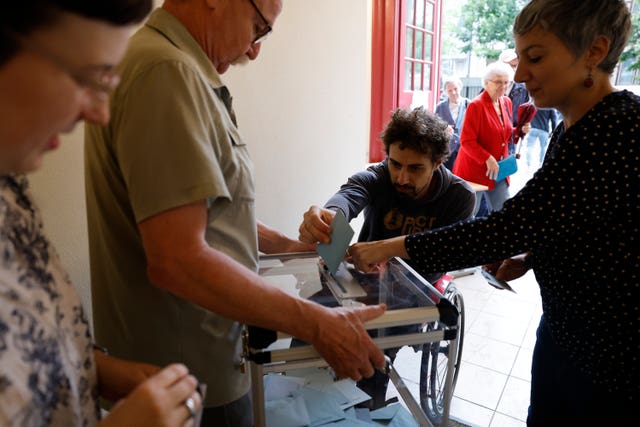
Meanwhile, huge public spending promises by National Rally and especially the left-wing coalition have shaken markets and ignited worries about France’s heavy debt, already criticised by EU watchdogs.





